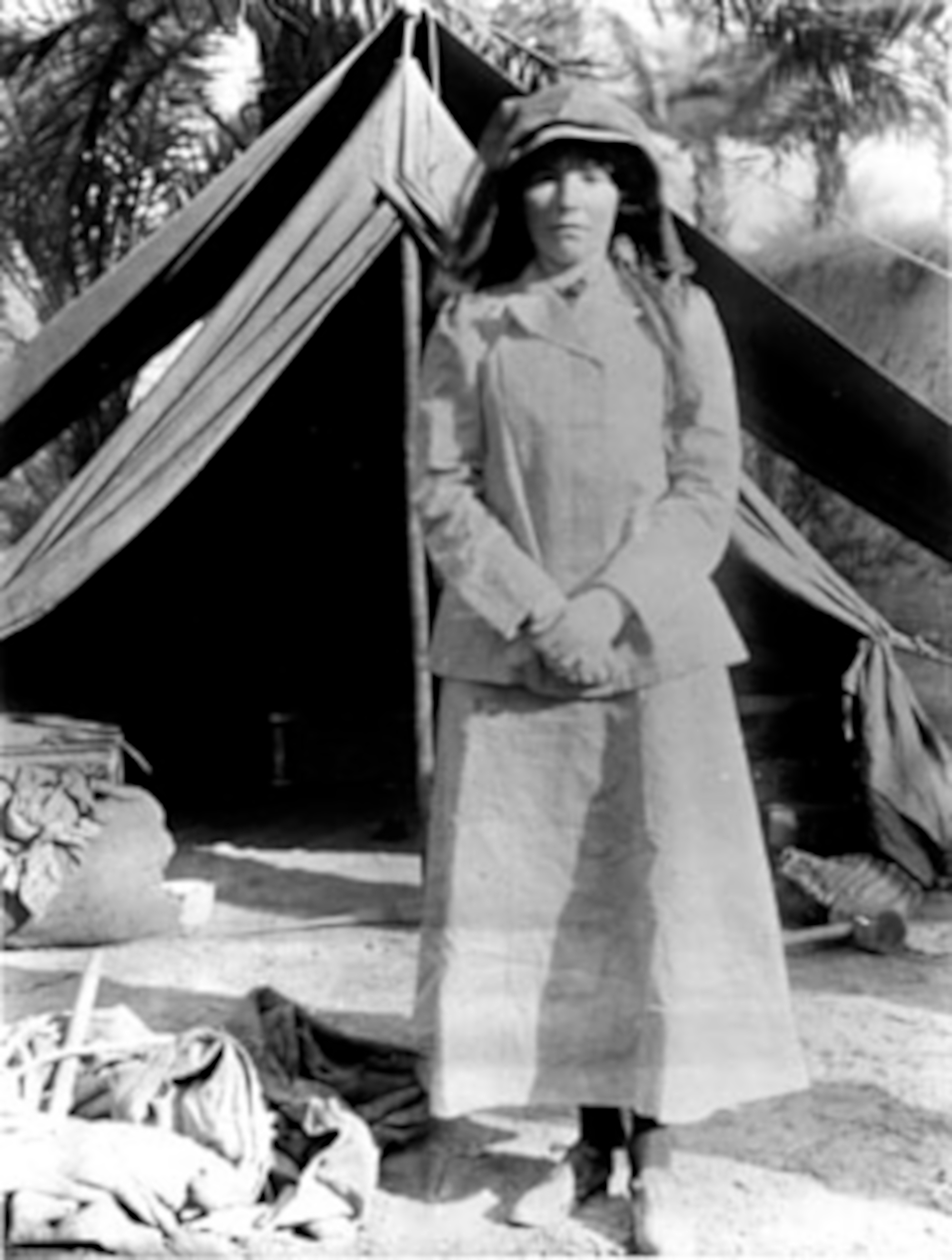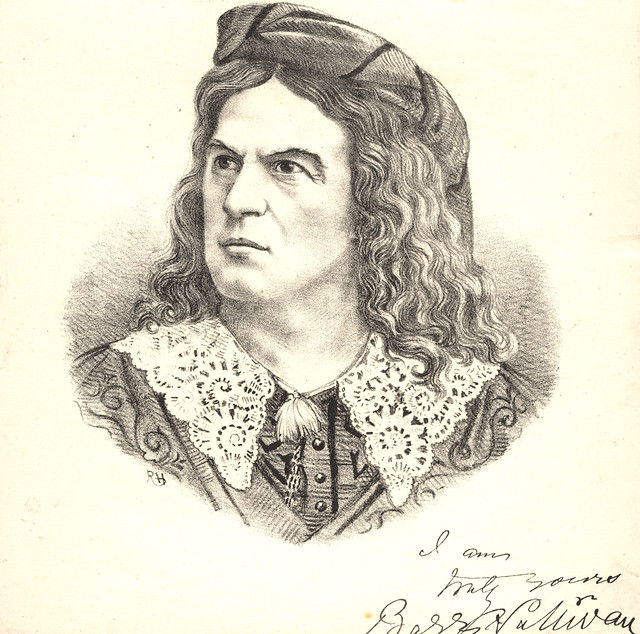WWI Sykes--Picot Agreement: British Oil Imperialism - Faisal I of Iraq - Gertrude Bell

-
Description
See the full videos 1) Fight for Oil: 100 Years in the Middle East @ http://youtu.be/0ybsEhlT2DA 2) History of Iraq (Mesopotamia) @ http://youtu.be/4Ru1_LDCKFM Playlist title: Lawrence of Arabia & The Arab Revolt (1916--18) @ http://www.youtube.com/playlist?list=PLF6lM65O9IThXHIoJKlrxve1NSpPg-88l Oil production began in 1913 at the APOC refinery located in Abadan, Iran and for the next 50 years it was the largest oil refinery in the world. The British government was the de facto hidden power behind the Anglo-Persian Oil Company. Anglo-Persian Oil Company (APOC) http://en.wikipedia.org/wiki/Anglo-Persian_Oil_Company On 14 April 1909, Burmah Oil created the Anglo-Persian Oil Company (APOC) as a subsidiary and also sold shares to the public. Oil production started in 1913 at a refinery built at Abadan, for the next 50 years it was the largest oil refinery in the world (see Abadan Refinery). Winston Churchill, who was then First Lord of the Admiralty. Churchill, as a part of a three-year expansion program, sought to modernize Britain's navy by abandoning the use of coal. Furthermore, Churchill wanted to free Britain from its reliance on the Standard Oil and Royal Dutch-Shell oil companies. In exchange for secure oil supplies for its ships, the British government injected new capital into the company and, in doing so, acquired a controlling interest in APOC. The contract that was set up between the British Government and APOC was to hold for 20 years. The British government also became a de facto hidden power behind the oil company. APOC took a 50% share in a new Turkish Petroleum Company (TPC) organized in 1912 by Calouste Gulbenkian to explore and develop oil resources in the Ottoman Empire. After a hiatus caused by World War I it reformed and struck an immense gusher at Kirkuk, Iraq in 1927, renaming itself the Iraq Petroleum Company (IPC). The British government, mandate holders in Iraq, were concerned at the unrest in the colony. They decided to step back from direct administration and create a monarchy to head Iraq while they maintained the mandate. Following a plebiscite showing 96% in favour, which was not really accurate, but created by a British council of ministers who wanted to put Faisal in power, Faisal agreed to become king. In August 1921 he was made king of Iraq. Gertrude Bell http://en.wikipedia.org/wiki/Gertrude_Bell Gertrude Margaret Lowthian Bell became highly influential to British imperial policy-making due to her skill and contacts, built up through extensive travels in Arabia & Greater Syria, Mesopotamia, and Asia Minor. Bell helped establish the Hashemite dynasties in what is today Jordan as well as in Iraq where upon Faisal's arrival in 1921, Bell advised him in local questions, including matters involving tribal geography and local business. She also supervised the selection of appointees for cabinet and other leadership posts in the new government. On 7 March 1920, Faisal was proclaimed King of the Arab Kingdom of Syria (Greater Syria) by the Syrian National Congress government of Hashim al-Atassi. In April 1920, the San Remo conference gave France the mandate for Syria, which led to the Franco-Syrian War. In the Battle of Maysalun on 24 July 1920, the French were victorious and Faisal was expelled from Syria. He went to live in the United Kingdom in August of that year. In March 1921, at the Cairo Conference, the British decided that Faisal was a good candidate for ruling the British Mandate of Iraq because of his apparent conciliatory attitude towards the great power and based on advice from T. E. Lawrence, more commonly known as Lawrence of Arabia. But, in 1921, few people living in Iraq even knew who Faisal was or had ever heard his name. With help of British officials, including Mrs Gertrude Bell, he successfully campaigned among the Arabs of Iraq and won over popular support. The Sykes--Picot Agreement, officially known as the Asia Minor Agreement, was a secret agreement between the governments of the United Kingdom and France, with the assent of Russia, defining their proposed spheres of influence and control in the Middle East should the Triple Entente succeed in defeating the Ottoman Empire during World War I. The negotiation of the treaty occurred between November 1915 and March 1916. The agreement was concluded on 16 May 1916. The agreement effectively divided the Arab provinces of the Ottoman Empire outside the Arabian peninsula into areas of future British and French control or influence. The terms were negotiated by the French diplomat François Georges-Picot and British Sir Mark Sykes. -
Owner
dbzffff -
Source
Youtube (Youtube) -
License
What does this mean? Standard Youtube License
-
Further information
Link: http://www.youtube.com/watch?v=1ZUt5zIFCFQ
Resource type: Video
Added by: Pat Thomson
Last modified: 10 years ago
Viewed: 1590 times
Picture Taken: Unknown -
Co-Curate tags


